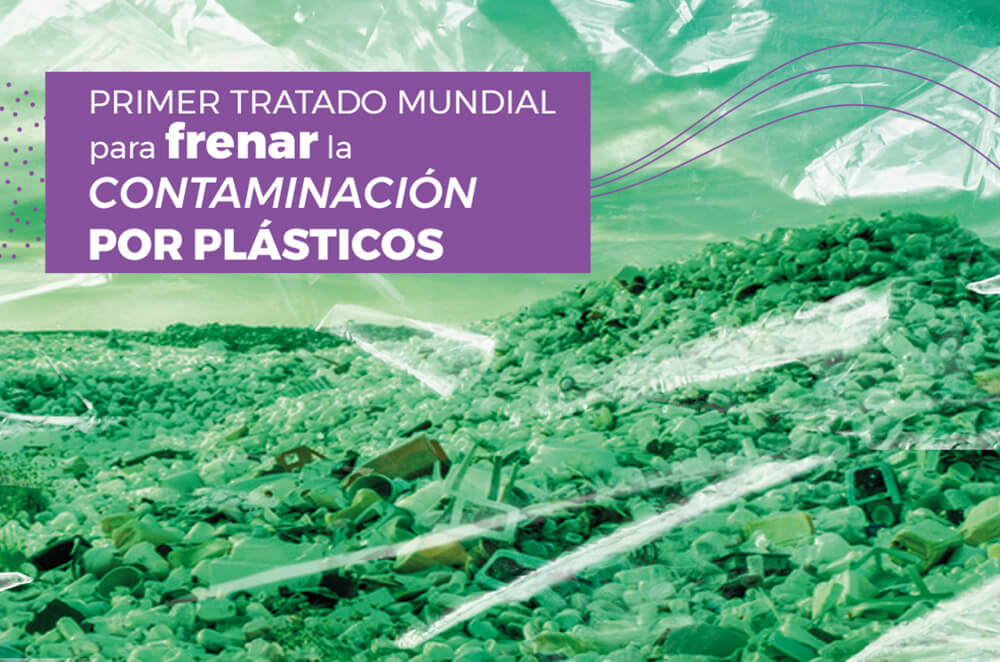After the focus on fossil fuels at last year’s COP28, 2024 brings another big conversation for the environment – one not too separate from the fossil fuels debate, in fact.
It’s the U.N. Treaty to End Global Plastic Pollution. Negotiations have been going on since 2022 and are meant to finish this year. Yet if the meetings held in 2023 are any indication, there’s still a long road ahead before an agreement is reached.
What’s the hold up?
The goal is to have a formal treaty in place by the end of 2024. But the last meeting, which took place in November 2023, didn’t achieve much progress.
The main issue is that activists, scientists and many of the countries involved in the negotiations want a treaty that addresses the whole lifecycle of plastics – that is, from production to waste management.
Other countries, like Iran, Saudi Arabia, Russia, Cuba and Bahrain want the document to focus exclusively on waste management, instead of on limiting plastics production.
Another issue that hasn’t been resolved is whether the resulting treaty will establish mandatory guidelines, or voluntary ones.
A limit on plastics
Like the transition away from non-renewable energy sources, the shift to a plastics-free world will be long, hotly debated and threatened by economic interests. And it’s no surprise, considering the global plastic market size was valued at USD 609.01 billion in 2022, and is expected to continue growing steadily.
Yet, as its name clearly establishes, this global treaty is meant to end plastics pollution. To do that, it seems inevitably necessary to limit the production of plastics, otherwise waste management efforts will never catch up.
The health issue
On the other hand, scientists and activists are calling for strict regulations of the chemical substances used to produce plastics. According to the UN, “more than 13,000 chemicals have been identified as associated with plastics and plastic production across a wide range of applications”, many of them highly toxic. PFASs, phthalates, bisphenols (BPAs), alkylphenols and alkylphenol ethoxylates and biocides are some of the most concerning.
These chemicals not only pollute our water and soil when plastics end up in the environment, but actually impact human health while we use them: studies have shown that these chemicals can damage people’s endocrine system, which affects growth and development, metabolism, sexual function, and mood.
What about recycling?
With millions of tons of plastics already polluting oceans and land, only the combination of reduced production and recycling efforts can make a dent on the plastics problem. This is the position of many of the people and countries involved in the negotiations.
Of course, this doesn’t mean that a lot of the focus during the treaty negotiations won’t land on our recycling efforts. All over the world millions of tons of plastics are still not properly disposed of or recycled, with many countries still behind in legislation for recycling and plastics pollution. Funding, scalable recycling projects and support for vulnerable countries will all be up for debate in this year’s meetings.
The next meeting to discuss the treaty is scheduled for April in Ottawa, Ontario. With much at stake, all eyes and ears will be waiting to see if a truly revolutionary and binding agreement can be reached.

